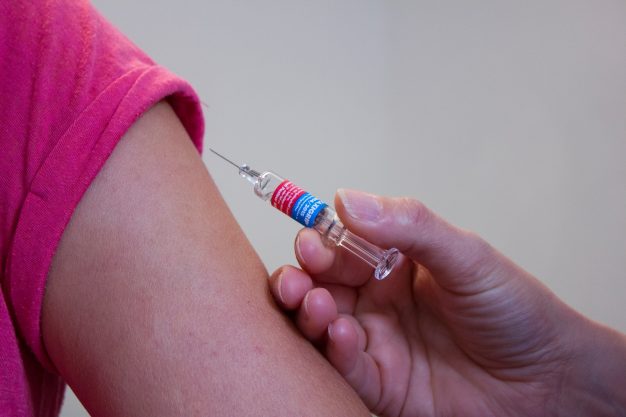
Child vaccinations below target in quarter of Brazilian cities
A quarter of Brazil’s cities are not providing enough vital vaccinations for protecting children and infants, claims an independent study of the 2017 National Immunisation Program.
The national program is a preventive strategy of the Brazilian Public Health System, and current targets are 95 per cent coverage for innoculations against polio, measles and meningities. However, Brazil’s Ministry of Health considers anything below this risks a return of diseases that were almost forgotten yet had never been eradicated.
Mandatory
National newspaper Falha’s study of the data revealed that out of 5,570 cities nationwide, a total of 1,453 were deemed to be below the ‘ideal level’ for coverage of mandatory vaccinations. This has prompted concerns among child health professionals.
Folha reports that the national Government had previously appealed to local authorities to introduce registration systems to enable data monitoring of every immunised child. But although this started in 2012, it has so far only reached around 65 per cent of areas providing immunisation.
Concern
Experts blame the drop-off in vaccination levels on a variety of factors, including the number of vaccinations now needed, which means more trips to a health clinic until a child is 15 months old, reduced opening times of clinics and a general lack of concern around diseases by sections of the public.
The World Health Organisation (WHO) says that global vaccination coverage, that is, the proportion of the world’s children who receive recommended vaccines, has stalled in recent years. In 2016 for example, an estimated 19.5 million infants worldwide did not receive routine immunisation services such as the diptheria-tetanus-pertussis (DTP3) vaccine. Around 60 per cent of these children were in 10 countries, one of which was Brazil. The others were Angola, the Democratic Republic of the Congo, Ethiopia, India, Indonesia, Iraq, Nigeria, Pakistan and South Africa.




